Since the fall of the Awami League, the country has witnessed extreme unrest across various regions. Protests, blockades, attacks, disorder, road obstructions, mob violence, extortion, murders, and other incidents have created widespread instability. The incident in Rajbari, where the body of Nurul Paglar was exhumed and burned following an attack on his shrine, has left a deep mark on public sentiment. Previously, local authorities had taken no action against Nurul Paglar and his followers for their controversial activities, allowing the situation to spiral out of control.
In Hathazari, a “suggestive” post on social media regarding a madrasa sparked protests and road blockades, prompting the administration to impose Section 144. In Tangail, an attack occurred at the residence of Kader Siddiqui, president of the Krishok Shramik Janta League, leading to further unrest and the imposition of Section 144. Across the country, including the capital Dhaka, offices of the Jatiya Party have been attacked, vandalized, and set on fire. Protests have also taken place at universities, including Chittagong University and Bangladesh University of Engineering and Technology. In Bhola, a mosque khatib was brutally murdered with a sharp weapon. In Dhaka and other areas, flash mobs organized by banned groups linked to the Awami League have spread panic.
Additionally, in the past two days, violent incidents have included
• The beheading of a petrol pump officer in Bogura.
• The murder of a husband and wife in their home in Barguna.
• The recovery of a child’s body from a mother’s bedroom in Keraniganj.
• A youth tortured to death in Pabna.
• Discovery of a child’s body in a septic tank in Kurigram.
• A murder by a neighbor in Satkania.
• Discovery of a decapitated child’s body in Bauphal, Patuakhali.
• Recovery of a fifth-grade child’s body in Naogaon.
Meanwhile, protests demanding the reinstatement of parliamentary seats have been ongoing in Pabna, Brahmanbaria, Bagerhat, Khulna, and other districts. A three-day strike has been declared in Bagerhat. Recently, transport workers blocked roads over a minor incident in Mohakhali. In Mohammadpur, public snatching and attacks on police officers by juvenile gangs have been reported. In Malibagh, Dhaka, attackers targeted the residence of Sohag Paribahan’s director, Ali Hasan Palash Talukder, and two of its offices.
Observations show that murders, rapes, extortion, robbery, snatching, abduction, theft, mob violence, and other criminal activities have created widespread insecurity and chaos, leaving citizens vulnerable.
Government Response
The government has expressed concern over the deteriorating law and order situation. The Prime Adviser’s office has summoned heads of various intelligence and law enforcement agencies to issue instructions. Authorities have been directed to restore law and order by any means, ensure public safety, and reassure citizens. Localized special operations, block raids, and combing operations have been authorized, alongside the strengthening of intelligence activities. The Advisory Council recently emphasized law and order as a top priority.
Lieutenant General (Retd.) Md. Jahangir Alam Chowdhury, Home Adviser, said, “Compared to the situation in previous days, the last few days have slightly worsened. However, we are striving to restore it to its former state. Regarding the Rajbari incident, investigations are ongoing, and full details will be revealed after questioning the five individuals already brought under legal action. Police are taking steps in other areas experiencing law and order deterioration.”
Expert Analysis
Criminologists and security analysts note that despite the presence of armed forces with magisterial powers, the desired improvement in law and order has not been achieved. The key reason, they say, is the police’s failure to act decisively against terrorism, violence, and crime. Even more than a year after the July revolution, police operations have not reached the expected standard, which some attribute to failures within the Ministry of Home Affairs.
Statistics indicate that even law enforcement officers have become targets. Over the past 13 months, there have been 334 incidents of mob violence, with 219 involving attacks on police. There have been 12 recorded attacks on police stations, and assailants were taken from custody 57 times, with 150 other attacks on police reported.
According to police headquarters
• Between January and July, 2,216 murder cases were filed nationwide.
• 426 robberies, 625 abductions, 5,387 thefts, and 10,109 smuggling cases were recorded.
Human Rights organizations report:
• 492 rapes occurred between January and July.
• Extrajudicial killings numbered 29, and 61 deaths occurred in prison over the past year.
• 165 journalists were attacked, 6,390 people suffered in political violence, 488 women were raped, and 108 died from mob violence.
• Since the fall of the Awami League government, over 80 incidents of shrine attacks and vandalism and 35 other instances of mob violence have occurred. Among the 334 mob violence cases, 65.56% involved police officers as victims.
Reasons and Recommendations
Major General (Retd.) A.N.M. Muniruzzaman, security analyst, explained that post-revolutionary situations like this occur in many countries. The lack of desired law and order stems from the police failing to fully carry out their duties. Military or other agencies cannot compensate for police shortcomings. Police must perform their responsibilities completely. The current number of armed forces on the field is insufficient to control the situation entirely. He criticized the Ministry of Home Affairs for its failures and emphasized that police reforms and operational efficiency are urgently needed.
Dr. Tauhidul Haque, Associate Professor at Dhaka University and social-crime expert, noted that police shortcomings have been exploited by mobs, criminals, and extortionists. Often, police fail to act against violent groups, and political considerations hinder impartial law enforcement. He stressed that implementing police reforms, ensuring transparency in transfers and appointments, and maintaining zero tolerance for corruption are crucial to restoring public safety and trust.
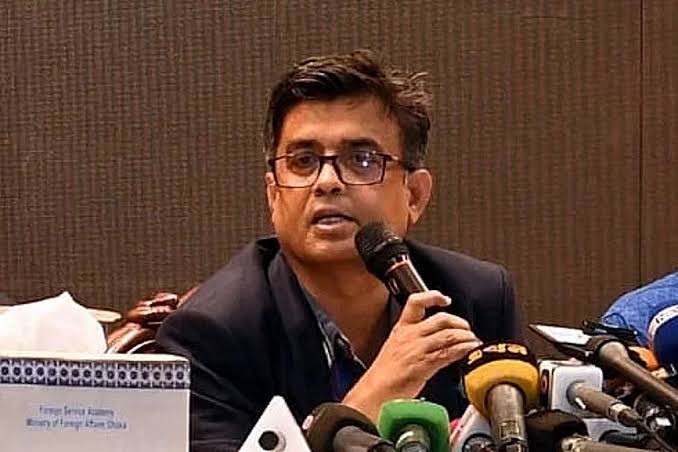
Police and Government Statements
Shafiqul Alam, Press Secretary of the Chief Adviser, said local administrations have been instructed to act more proactively against all disturbances, flash mobs, and illegal gatherings. Religious violence is being addressed through coordination with religious leaders to maintain communal harmony.
Additional IGP (Crime & Ops) Khondokar Rafiqul Islam mentioned that public anger toward the police was high before August 5. After political changes, police became targets, causing officers to retreat mentally, allowing criminals to exploit the situation. He said significant progress has been made over the past year, with further improvements expected.
Inspector General of Police Baharul Alam stated, “Our oath is to uphold the rule of law, maintain public trust, and restore peace. No situation allows favoring criminals. Every decision must be guided by law and justice. Officers must act with integrity, skill, and impartiality, applying all training and knowledge to face challenges and be prepared for maximum sacrifice.”



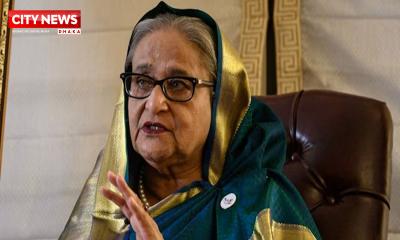
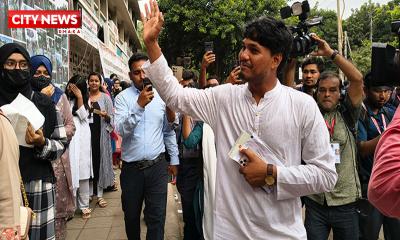

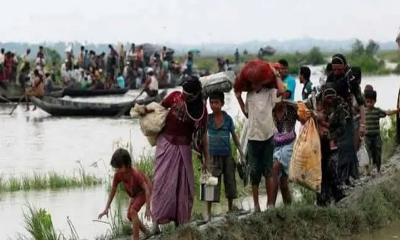
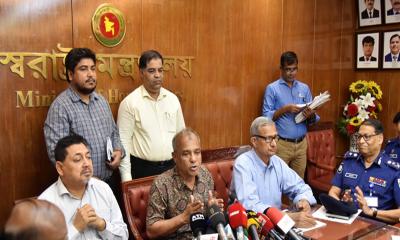
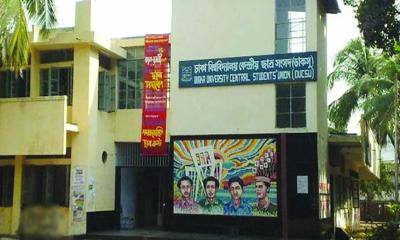
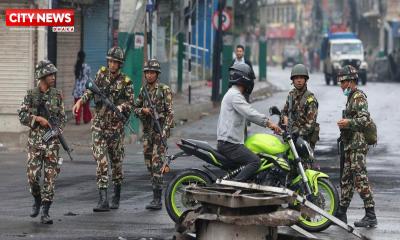
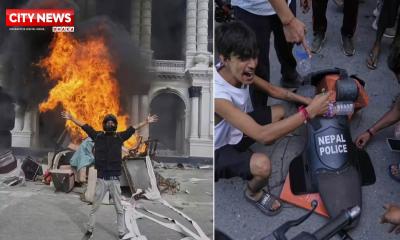
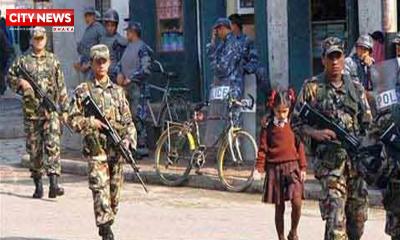
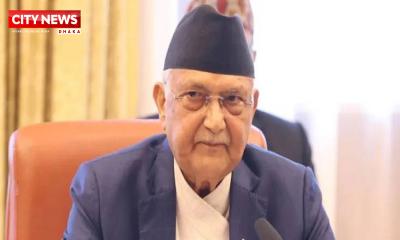
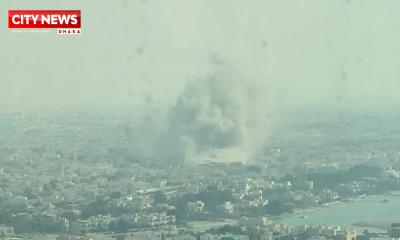
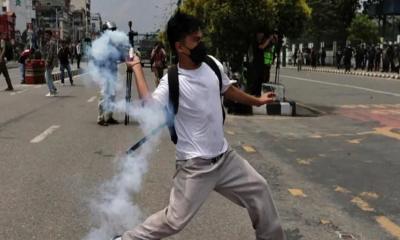
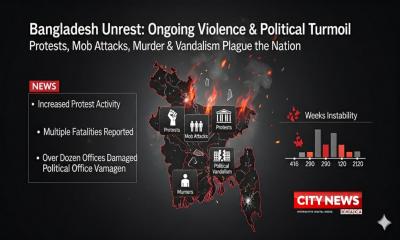
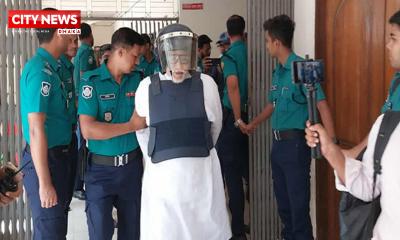
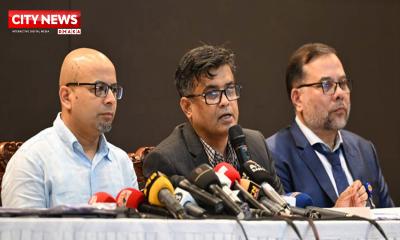
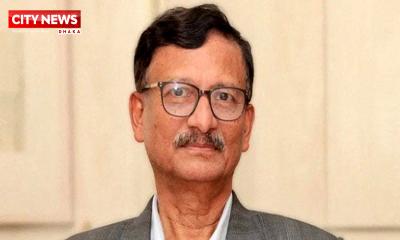
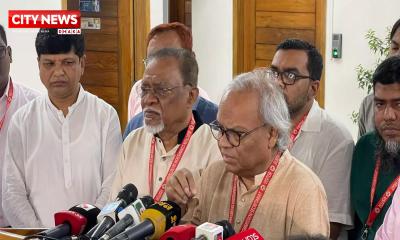
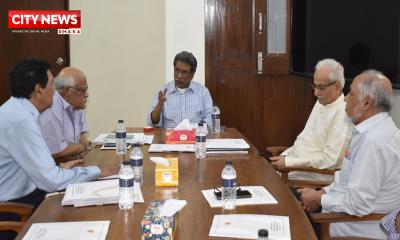
Comment :